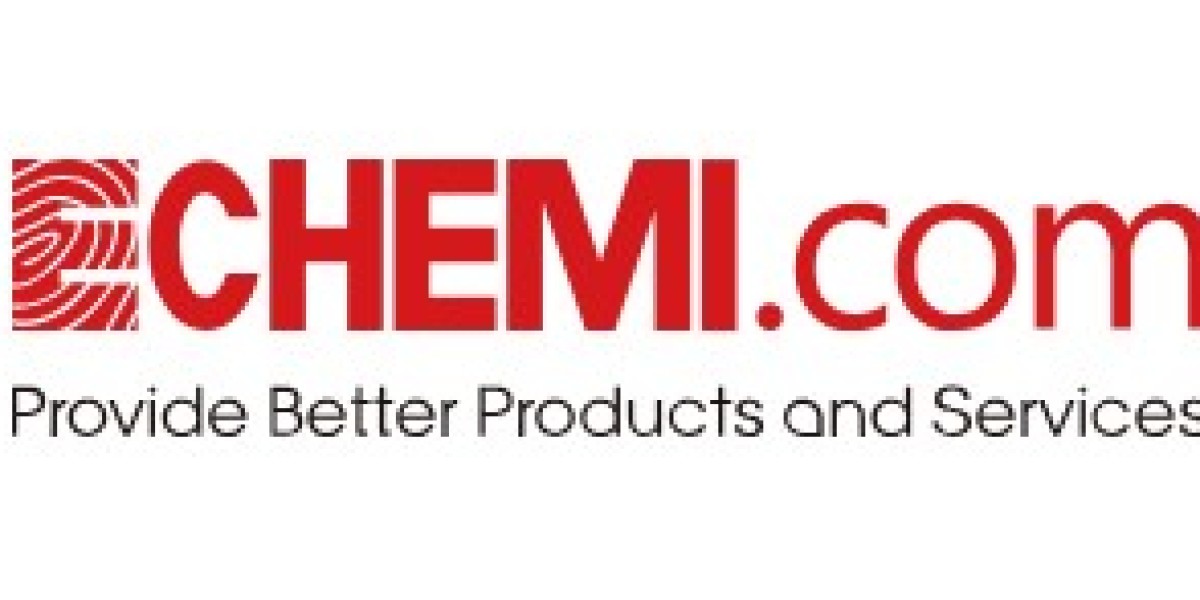In a competitive market, differentiation strategies are crucial for chemical suppliers to stand out, attract customers, and establish a unique value proposition. By implementing effective differentiation strategies, chemical suppliers can distinguish themselves from competitors, build customer loyalty, and drive business growth in the dynamic chemical industry.
Key market differentiation strategies for chemical suppliers include:
Product Innovation: Developing innovative products with unique features, improved performance, or environmentally friendly attributes can differentiate chemical suppliers in the market. By investing in research and development, leveraging new technologies, and introducing novel formulations, suppliers can meet evolving customer needs and stay ahead of the competition.
Customization and Tailored Solutions: Offering customized products, tailored solutions, and personalized services to meet specific customer requirements sets chemical suppliers apart from competitors. By understanding customer preferences, providing bespoke formulations, and offering value-added services, suppliers can create a differentiated customer experience and build long-term relationships.
Quality and Reliability: Emphasizing product quality, consistency, and reliability is a fundamental differentiation strategy for chemical suppliers. By maintaining high quality standards, adhering to industry regulations, and ensuring product reliability, suppliers can instill trust in customers, enhance brand reputation, and differentiate themselves as a reliable partner in the market.
Technical Expertise and Support: Providing technical expertise, application support, and after-sales services can differentiate chemical suppliers by adding value to their products. By offering technical guidance, training programs, and troubleshooting assistance, suppliers can help customers optimize product performance, solve challenges, and enhance their overall experience.
Sustainability and Environmental Responsibility: Demonstrating a commitment to sustainability, environmental responsibility, and green practices can differentiate chemical suppliers in an increasingly eco-conscious market. By promoting sustainable sourcing, reducing carbon footprint, and offering eco-friendly products, suppliers can appeal to environmentally conscious customers and align with sustainability trends.
Market Segmentation and Targeting: Segmenting the market, identifying niche opportunities, and targeting specific customer segments can help chemical suppliers differentiate their offerings effectively. By tailoring marketing strategies, product positioning, and communication efforts to target audiences, suppliers can address unique needs, capture market share, and stand out in competitive markets.
Brand Identity and Positioning: Developing a strong brand identity, establishing a clear positioning strategy, and communicating unique value propositions can differentiate chemical suppliers and resonate with customers. By building a distinctive brand image, communicating brand values, and highlighting competitive advantages, suppliers can create a compelling market presence and attract customer attention.
By implementing these market differentiation strategies, chemical suppliers can differentiate themselves, create competitive advantages, and capture opportunities for growth and success in the dynamic and competitive chemical industry landscape. Differentiation not only helps suppliers attract and retain customers but also fosters innovation, drives continuous improvement, and positions suppliers for long-term success in the marketplace.









